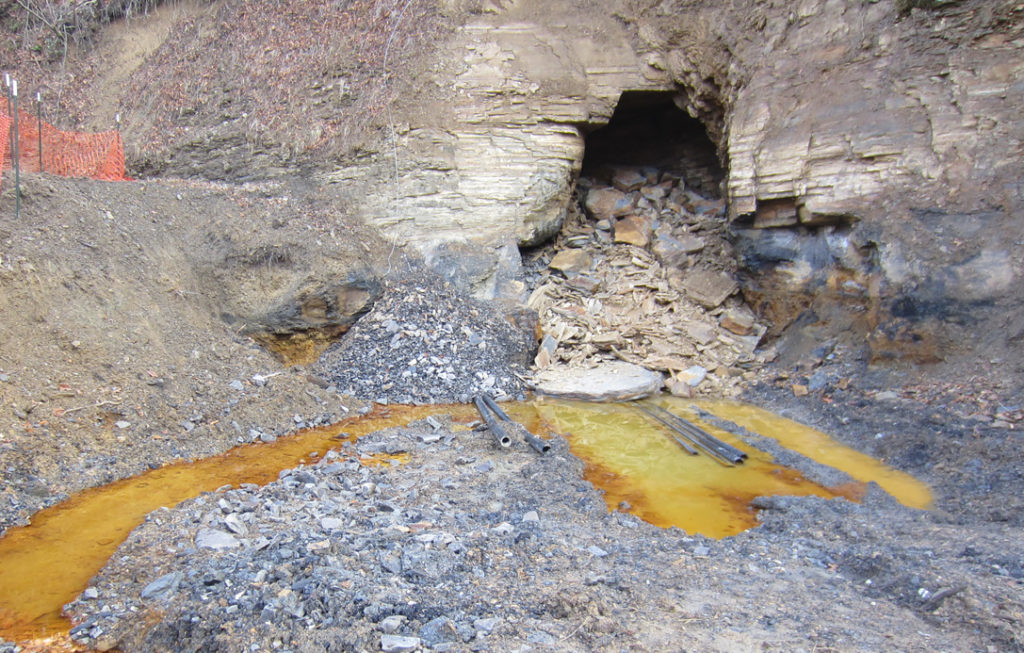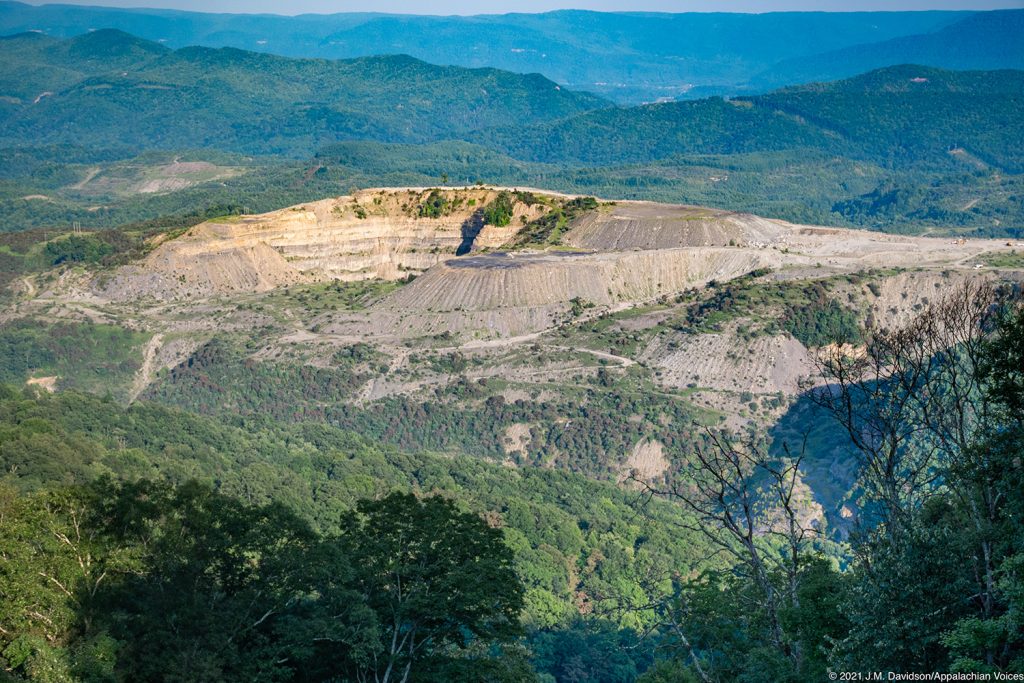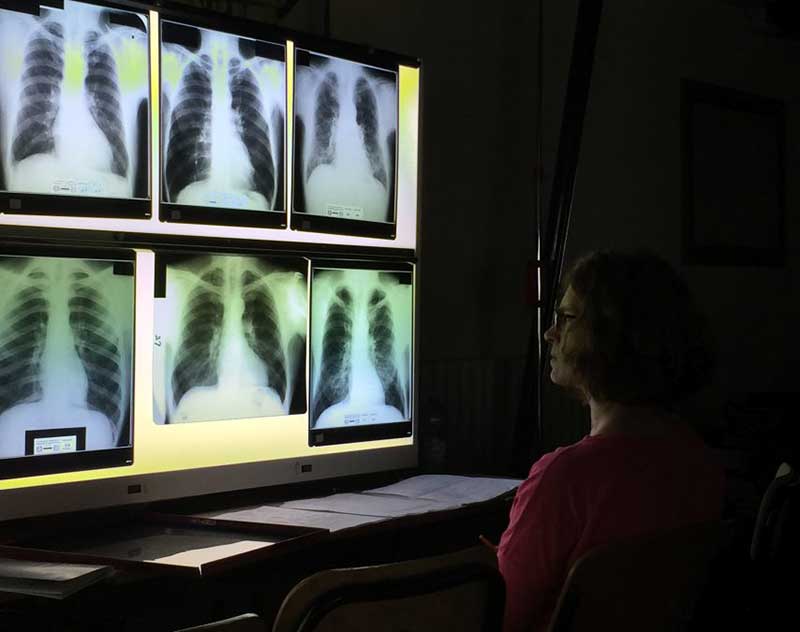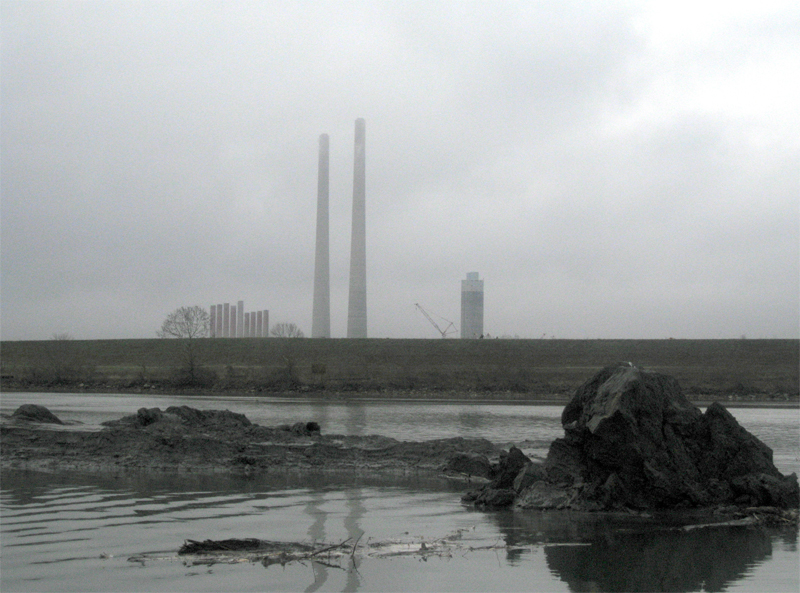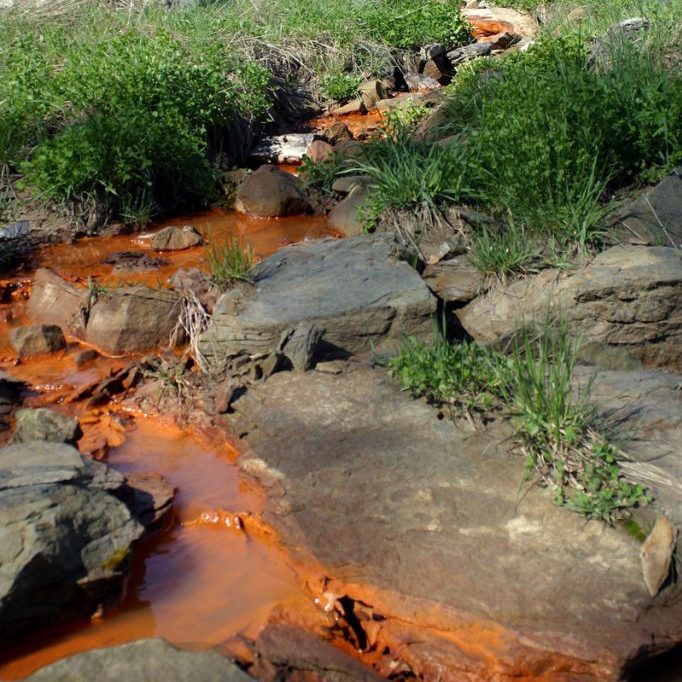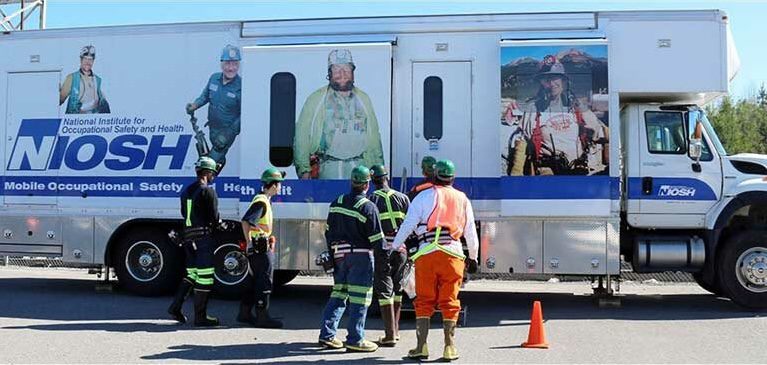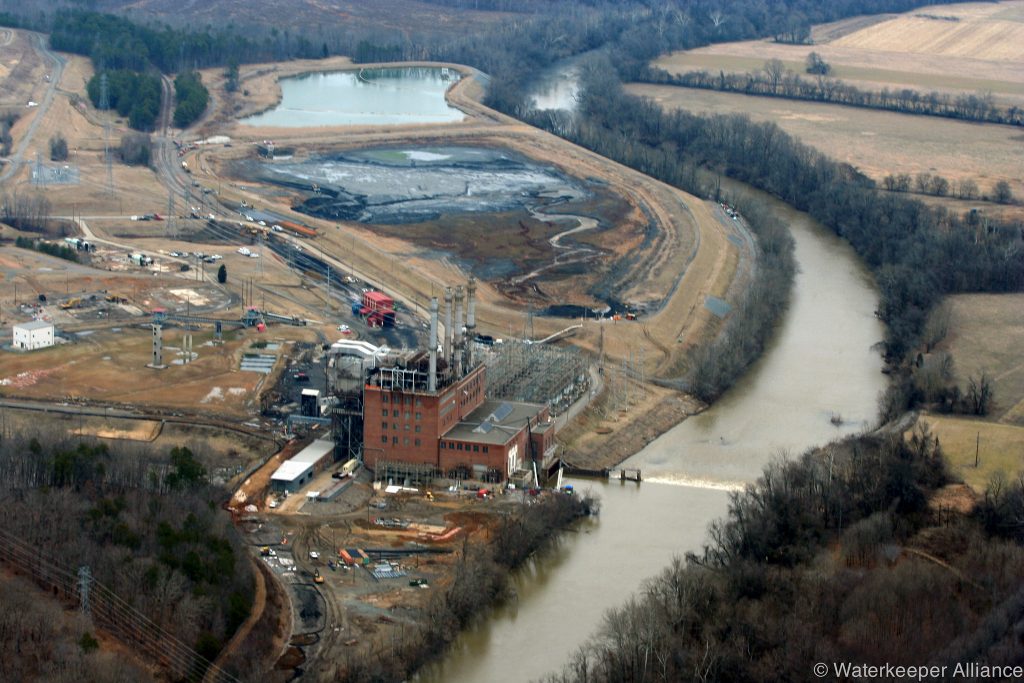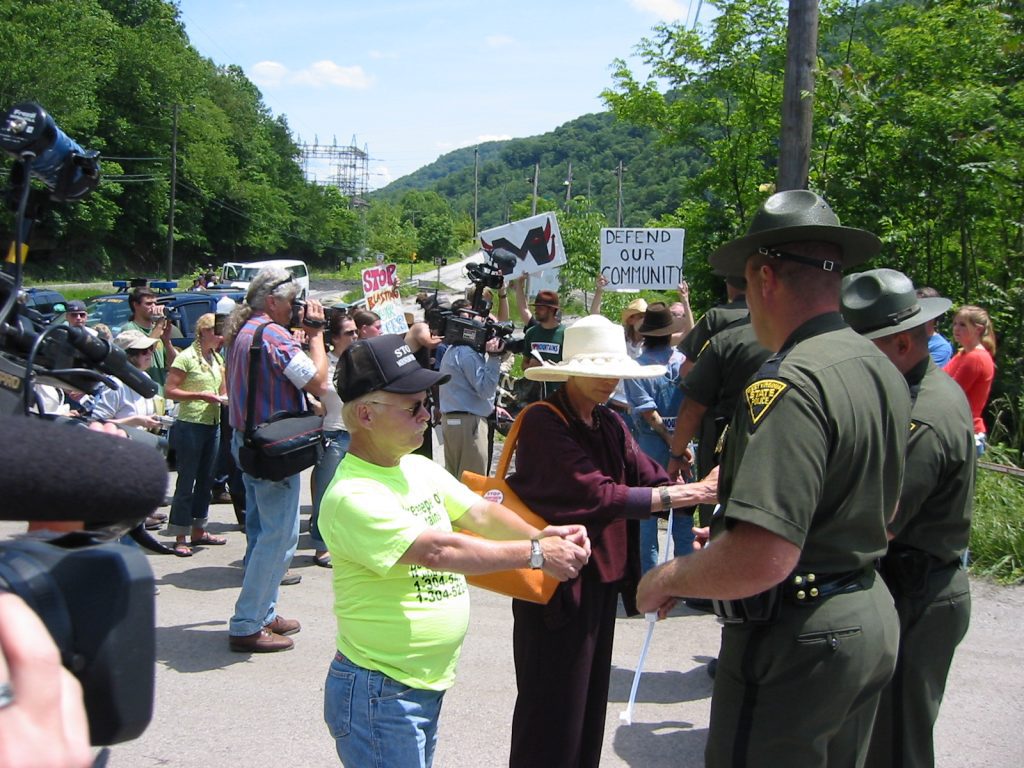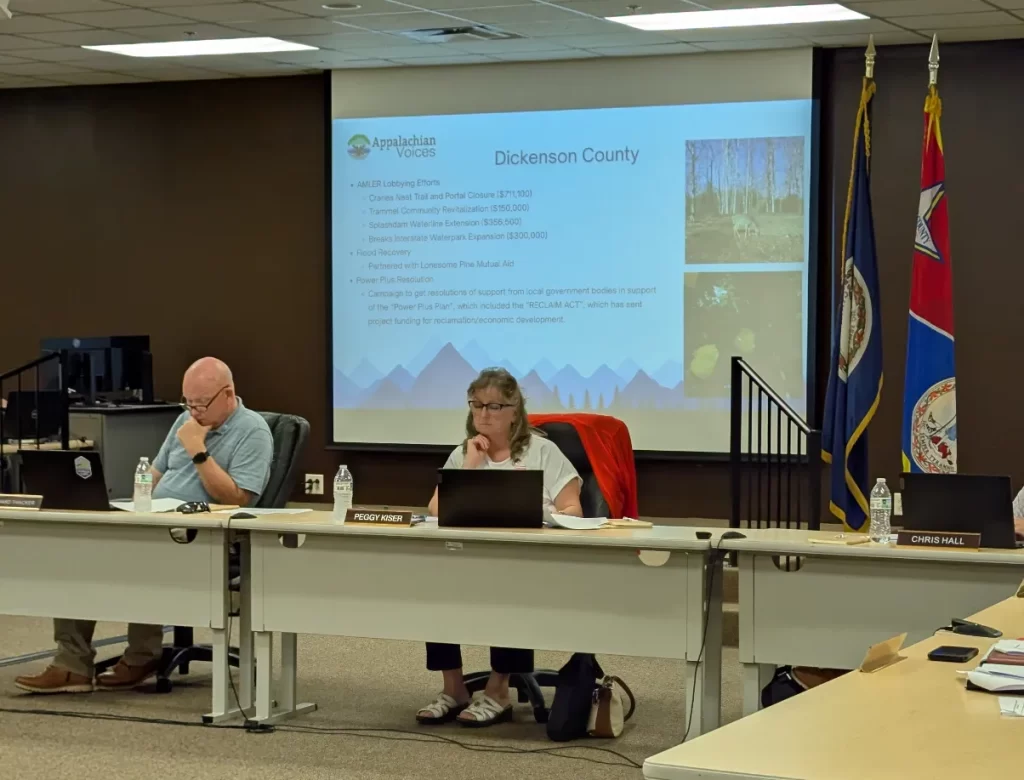Holding the Coal Industry Accountable

An abandoned and decaying structure at the Sugar Cove Mine in Virginia. Photo courtesy of DMME
Centuries of coal mining in Appalachia have left a wake of destruction behind. Thousands of former mine sites still pose health and safety risks, and the extensive environmental damage includes polluted waterways, compromised groundwater, and the loss of 1.5 million acres of forest in one the most biologically diverse temperate ecosystems on the planet.
Residents in this region have dealt with increased illness and shortened life expectancy. Black lung disease is again on the rise, and both current and former miners are fighting to protect their vital healthcare benefits. Communities that depended on the coal industry’s boom years now face daunting financial challenges.
Meanwhile, the bosses and bankers who got rich off of Appalachia realize that the market for coal is continuing to decline. Many are trying to jump ship, taking their wealth with them and leaving the problems for local communities and taxpayers to deal with.

As Appalachian Voices continues to fight new mountaintop removal coal mining permits and monitor existing mines, we are also committed to ensuring that the communities that have long borne the brunt of mining are not left behind. We are determined to hold the coal profiteers responsible for cleaning up the land and water they defiled and fulfilling their obligations to miners and their families.
Communities near mines and power plants are among those that often face elevated air pollution. We’re working with 16 community groups and two universities to track air quality in communities throughout Kentucky, Pennsylvania, Tennessee, Virginia and West Virginia with about 80 monitoring devices. These are deployed at in communities near fossil fuel infrastructure and other industries.
Similarly, the communities living near coal-fired power plants have suffered the burden of air and water pollution created by burning coal for electricity. Our years-long campaign alongside North Carolina communities impacted by Duke Energy’s dangerous storage of coal ash resulted in statewide cleanup orders, and we are committed to making sure the massive utility follows these rules.
We’re also working with communities in East Tennessee, site of the first major coal ash disaster in the country, to ensure that coal ash is stored in ways that protect residents, workers and waterways. And we’re engaged in legal challenges against Trump-era rollbacks on federal regulations for coal ash handling.
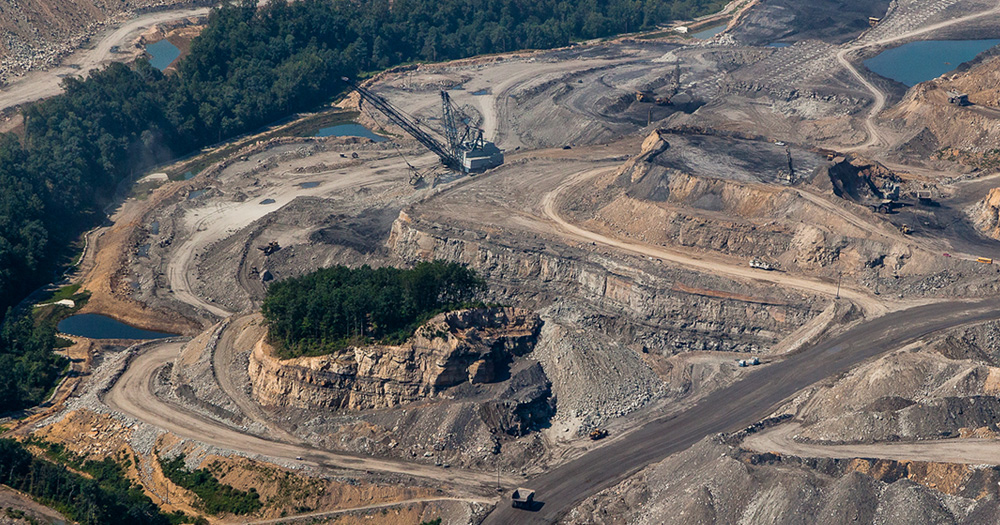
Ending Mountaintop Removal
Since the 1970s, the coal industry has blown up more than 500 of the oldest, most biologically rich mountains in America and destroyed more than 2,000 miles of headwater streams. Despite an ongoing citizen movement to end the destruction, and despite the decline in coal, it’s still happening.
Sorry, we couldn't find any posts. Please try a different search.

Latest News
Appalachian Voices applauds Senate Appropriations Committee for pushing back against cuts for black lung and miner safety programs
Today, the Senate Appropriations Committee voted to advance its Labor, Health and Human Services, Education, and Related Agencies Fiscal Year 2026 funding bill. The package includes funding for mine safety and black lung programs.
Miners and Advocates Push for Better Black Lung Benefits and Protections
On a rainy May afternoon, nearly 20 members of the Southwest Virginia Black Lung Association Chapter II gathered in Big Stone Gap to discuss the black lung crisis, which has been rising among Appalachia’s coal miners, often at younger ages.
EPA moves to weaken long overdue coal ash protections
Yesterday, the U.S. Environmental Protection Agency announced that it will delay deadlines to require utilities to inspect coal ash contamination and begin to clean up coal ash impoundments with a draft extension rule and companion proposal.
Lee County passes resolution supporting black lung benefit increases
Last night, Lee County supervisors passed a resolution urging U.S. Rep. Morgan Griffith and U.S. Sens. Tim Kaine and Mark Warner to support legislation increasing black lung benefits. Kaine and Warner have supported similar legislation, led by former Pennsylvania Sen. Bob Casey, in past legislative sessions.
Research On Larry Gibson Dedicated To The West Virginia & Regional History Center
Marybeth Lorbiecki compiled 1,283 pages of research to produce a biography on Larry Gibson that was officially transferred in March to the West Virginia & Regional History Center at West Virginia University. Her research chronicles Gibson’s rise from an unknown working-class man into the international star he’d become for environmental activists.
Southwest Virginia counties pass resolutions supporting black lung benefit increases
Russell County will consider a similar resolution next…

